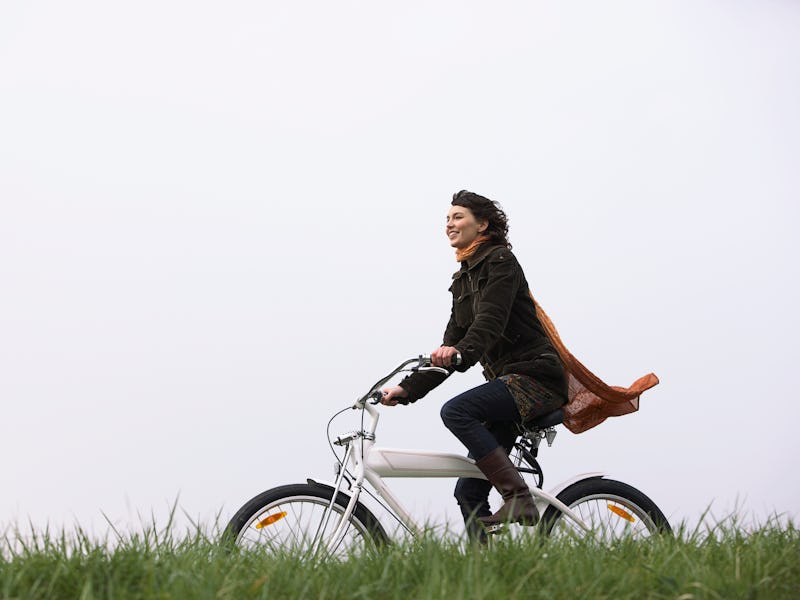What would you do with an extra day? 3 psychology tips
Make the most of your leap day this year.

Every four years, we get an extra day in February. It’s pretty cool, but it is still an extra day in February. On a smaller scale, we have much more free time than we realize, if you add up all the otherwise blank spaces in a day that are filled with mindless Facebook or Instagram scrolling. (Here’s a free strategy tip: Delete those apps from your phone!)
But an entire extra day or two can surprisingly still show up on your calendar. A conference is canceled, a project is finished early, or you forget your office is closed for President’s Day (🙋♂️).
So here's how to make the most of your leisure time so you can also make the most of your time at work.
Don’t spreadsheet your free time
Selin A. Malkoc is a professor at Ohio State University and a big believer in the power of time management. And research shows that scheduling your free time can undermine your enjoyment of it -- if it’s not done right.
In a research article published last year in the journal Current Opinion in Psychology, she and co-author Gabriela Tonietto, a professor at Rutgers Business School, offer their tips for “scheduling leisure." Take these into account next time you're trying to figure out what to do with an unexpected extra day. Hopefully it comes before Thursday, February 29, 2024 (the next leap day).
Don't put a time limit on your relaxation.
3. Schedule more roughly. There’s real power in the ish. Head out for a long lunch at 12ish. Plan to show up at the pool at 2ish. Go for that bicycle ride through the park at 4ish. “The minute you put limits on a fun activity, you’re robbing yourself of some of the enjoyment,” says Malkoc.
2. Avoid hard stops. This is as easy as it sounds. Don’t schedule a trip to the beach wherein you must leave at 4:30 p.m. _It’s the beach!_ Relax. You won’t be thinking about when to go. Think instead about another coating of sunscreen.
1. Focus on the now. As Mind & Body editor Sarah Sloat reported in her most recent Sunday Scaries story, being present is sometimes difficult, but the rewards are too great to ignore. You’re more engaged with the world around you, and crucially, your thoughts won’t drift to some other (probably work-related) thing. It's zen and the art of chilling out.
“Your mind wanders to the next event,” Malkoc said in a statement released with the study. “What you’re doing now can be seen as just a way to get to the next activity, and not as fun in itself.”
There you have it — listen to Malkoc’s advice and you’ll be able to make the most of your free time, and your free day, this year.